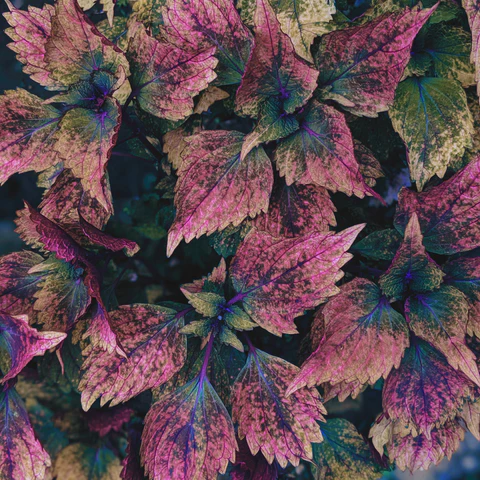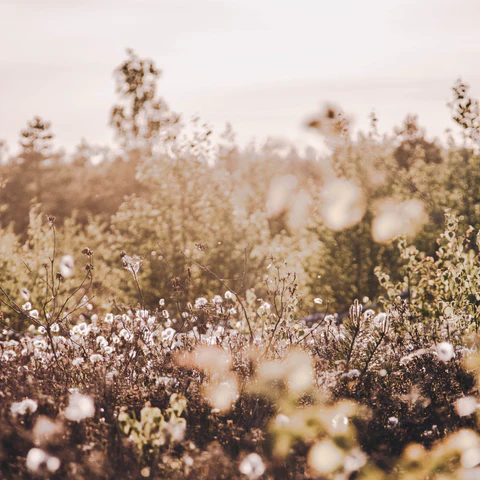Hijabs made using natural & innovative fibres; kinder to your body & skin, Earth & its communities
- All Products
- Bio Chiffon Hijabs
- Bonnet Caps
- Cotton Modal Hijabs
- Crepe Hijabs
- Ecovero Hijabs
- HeadBands
- Hijab Scrunchies
- Jersey Hijabs
- Modal Hijabs
- Modal Satin Hijabs
- Modal Silk Hijabs
- Modal Twill Hijabs
- Multi-way Headwraps & Turbans
- Ninjas Underscarves
- Outlet
- Ribbed Jersey
- Satin Hijabs
- Silk Chiffon Hijabs
- Silk Crinkled Chiffon Hijabs
- Silk Georgette Hijabs
- Silk Hijabs
- Silk Satin Hijabs
- Square Hijabs
- Tight Weave Hijabs
- Tube Caps
- Underscarves
- Woven Hijabs
Product Journey
The Journey Of Our Hijab

Design & Development

Conscious Choice
Stigmas are being broken by dedicated family and community run units all around the world. We assess a wide range of factors when making our selection and absolutely love to support and prioritise rural artisans, small family owned businesses, community run programs, women run facilities, traditional practises, high craftsmanship, quality of product, sustainable innovation and methods which preserve the natural environmental and empower communities. Above all, it is extremely important that the workers involved in our supply chain benefit from great working conditions, a fair living wage, respect within the work environment and are treated justly.

